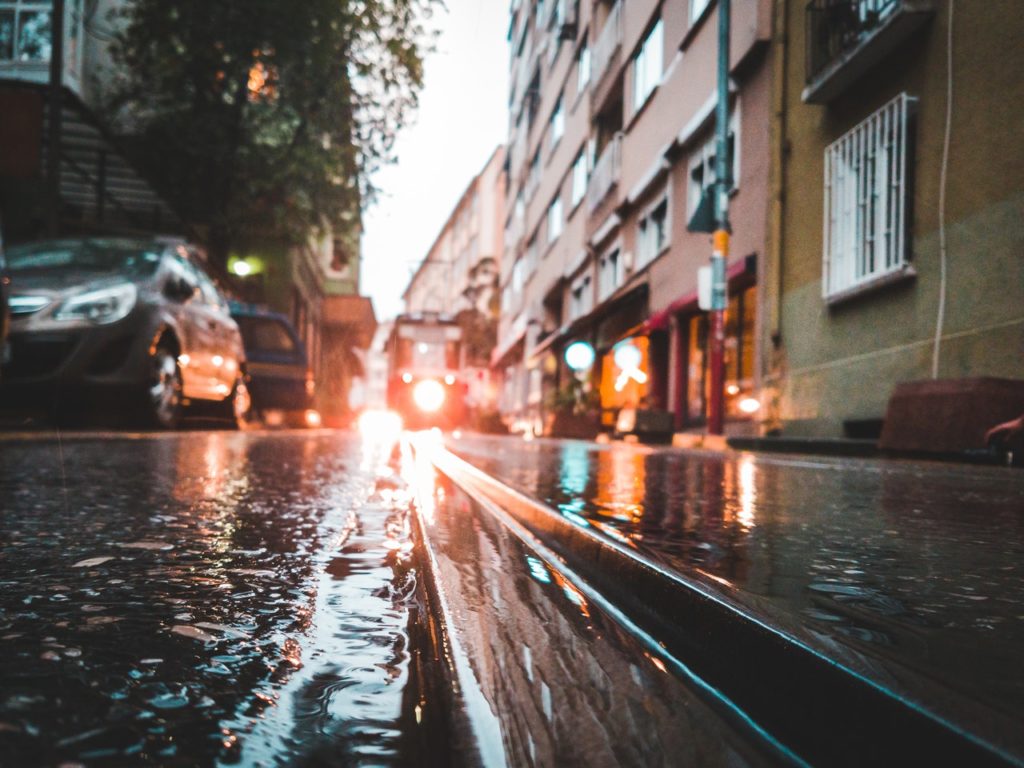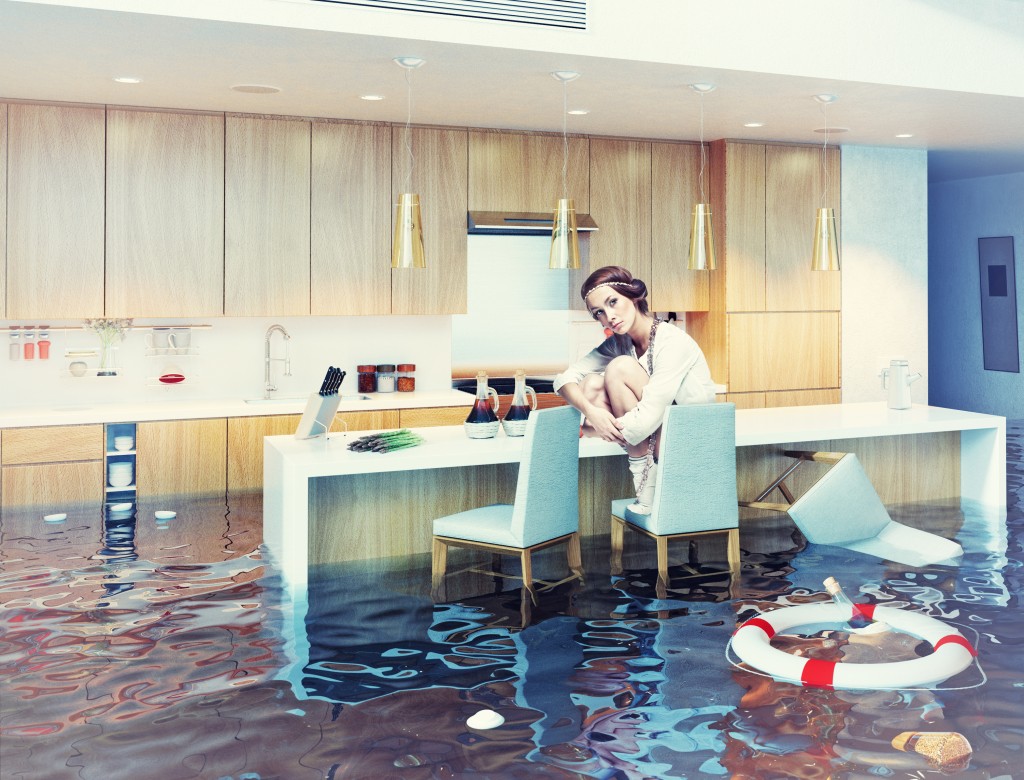Even if you don’t live in areas where it often rains, it doesn’t mean that your house won’t experience flooding. Several factors can cause water to create a pool inside your home, including an overflowing toilet or even a burst pipe.
While it doesn’t help to worry about the things that haven’t happened yet, it’s always helpful to know the course of action you need to take. You need to make sure your family is safe after a natural disaster. Here are some steps to help you if ever you experience a flood if ever it happens.
Wear protective gear
The water the comes inside your house during a flood isn’t sanitary. You’ll never know where it came from, its contents, or even how it got to your property. The National Association of Realtors says that floodwaters can contain fecal matter, critters, and even harmful bacteria that can affect your health. That’s why it’s crucial to wear a pair of gloves, boots, and mask to protect your skin from any contamination.
Turn off the main power switch
When dealing with standing water inside your home, you need to turn off the primary power switch from a dry area to prevent accidents. But if you need to enter a flooded area to turn it off, it’s best to leave it to an electrician. Never attempt to do it yourself, especially when standing in water. You can also ask the electrician to take a look at the house’s electrical wirings before you turn the power back on.

Check for any gas leaks
If you notice signs of gas leaks, immediately turn off the primary gas valves and open all the doors and windows. It’s also best to leave the house quickly to prevent any accidents. You can then inform the police or your local fire department about it to inspect the leaks’ source. Never attempt to turn on the power or do anything that might trigger any sparks. It’s also important not to go back to your house until the authorities gave you a go.
Assume for mold infestation
If your house has been closed for several days, expect that your home already has mold growth. So, once it’s already safe to go back, CDC (Centers for Disease Control and Prevention) advises that you briefly open the doors and the windows. It’ll help promote proper air circulation before staying in the house for long periods. You can also get in touch with a mold removal crew to properly inspect your property. While you’re at it, you should also throw away any food contaminated by floodwater. Remove all the perishable foods that weren’t refrigerated properly because of the power outages.
Remember that you’re accountable for your property as its homeowner. You need to secure the property by putting up boards on all windows to prevent it from getting damaged. It would help if you also took photographs of your property. Doing so will prove to your insurance company that you’ve done everything you can to protect it. Always ensure everyone’s safety above anything else.


